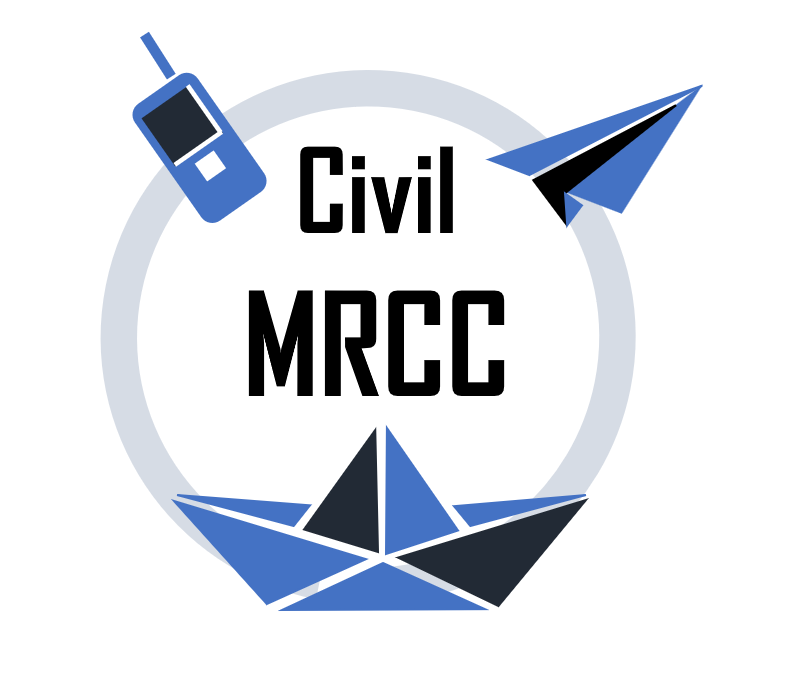By activists from the CommemorAction group
On February 6, 2024, in memory of the tenth anniversary of the Tarajal massacre, an international mobilization against murderous border management and migration control policies is being prepared.
By joining this mobilization and actively participating in the activities of CommemorActions(s), we want to amplify and make visible the demands for truth and justice made by the families of people who have disappeared or died in migration, addressed to national and international authorities.
In the same way, we work alongside families in the practical search for missing relatives, and in the painful but necessary process of identifying victims. What’s more, we participate directly or indirectly in these processes, to the extent of our technical capabilities, activities and roles.
The “we” referred to here is a non-homogeneous group, with variable geometry and identities, of individual or collective subjects who, over time, have decided to become active in defending and asserting the rights and dignity of people who have disappeared or died on their migration path, and of their families and loved ones; it’s a transnational, open “we” made up of activists, researchers, associations and civil society players, women and men, parents and children, people who refuse to accept the operation of a deadly border regime and its indirect or direct consequences on the lives of thousands of people; it’s a “we” at the center of which are the families and communities who have suffered the loss or death of a loved one.

Picture: CommemorAction in Zarzis, September 2022
Some of us are publicly active in actions and CommemorActions around the world, others work alongside families on a daily basis to support them in their search; some families choose to share their suffering and hopes in the public arena on the occasion of public gatherings, others engage directly to support other families over time.
In recent years, the constellation of CommemorActions has expanded, the connections between the different realities have been strengthened, and a common language of demand and presence in the public arena has been and is being built collectively. But this shared journey has not only strengthened solidarity and mutual support: this common experience has also enabled a direct encounter and exchange between families, who have found interlocutors with whom to share their needs and demands, and the civil society players who over time have organized and trained to support them.
This convergence, which is a process in the making, has facilitated exchanges of practice and experience between players from different countries, as well as the possibility of sharing information on concrete cases and directly supporting families’ research. In the same way, those who intervene at sea to minimize the risk of shipwreck have begun to put in place practices both to recover the bodies of victims in a dignified manner, and to collect information from witnesses/survivors to help identify victims and names of missing persons.
In the last ten years, the technical skills and specific knowledge of those already present in the field have been strengthened, and many other players have become involved in the public arena and in the regions most affected by cases of disappearance or death. Each tried to adapt its activity to the specific context, to define its margins of action and interaction with the authorities (particularly with regard to identification processes) and at the same time to forge links with actors in other countries or regions, trying to link the trajectories between countries of departure, transit and arrival, also drawing, where possible, on the work of international humanitarian organizations.
At the same time, we have tried to gain a better understanding of how the border system works, and of the legal and administrative frameworks in the various countries, so as to be able to support families in the necessary steps. Researchers and experts have also begun to develop tools and instruments to shed light on the fate of missing persons and to facilitate identification.
Mapping of actors
All of this is gradually building up a constellation of different players at transnational level, converging in a common desire to support families in their quest for truth and justice: a mapping (to be published on the occasion of the CommemoraAction on the 6th of February) of the actors operating mainly in North Africa and the Mediterranean region is taking shape through the coordination of the EuromedRights network.
Other projects are being developed elsewhere, on the EU’s internal borders, on the Balkan route or in Lebanon or the Sahel, and wherever people on the move are threatened with death or disappearance.
This cooperation and interconnection, which can also partly provide “a posteriori” answers to families engaged in searches over long periods, will above all strengthen civil society’s capacity for direct action and intervention in real time, and support families more effectively and rapidly in their search, in the face of the progressive resignation of national authorities. In addition, this technical and practical convergence will further strengthen the CommemorAction process, by combining the legitimate demands for truth and justice addressed to the authorities with a greater capacity for research and intervention on the part of the families concerned.
“With our term “CommemorAction” we offer a promise: We will not forget those who have lost their lives or went missing and we will fight against murderous border regimes. We will provide a space for remembrance and we will collectively build something from our grief. We will not be alone and we will not give up. We will continue to fight for freedom of movement and human dignity for all in our daily lives.”
2020 call out for a global day of CommemorAction (https://missingattheborders.org)



